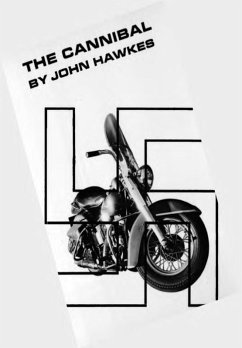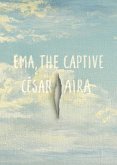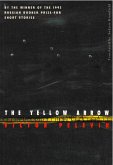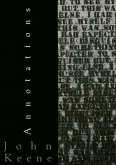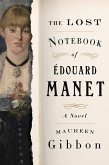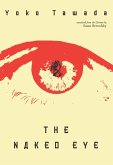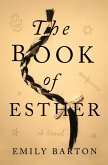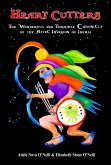The Cannibal was John Hawkes's first novel, published in 1949.
"No synopsis conveys the quality of this now famous novel about an hallucinated Germany in collapse after World War II. John Hawkes, in his search for a means to transcend outworn modes of fictional realism, has discovered a a highly original technique for objectifying the perennial degradation of mankind within a context of fantasy.... Nowhere has the nightmare of human terror and the deracinated sensibility been more consciously analyzed than in The Cannibal. Yet one is aware throughout that such analysis proceeds only in terms of a resolutely committed humanism." - Hayden Carruth
"No synopsis conveys the quality of this now famous novel about an hallucinated Germany in collapse after World War II. John Hawkes, in his search for a means to transcend outworn modes of fictional realism, has discovered a a highly original technique for objectifying the perennial degradation of mankind within a context of fantasy.... Nowhere has the nightmare of human terror and the deracinated sensibility been more consciously analyzed than in The Cannibal. Yet one is aware throughout that such analysis proceeds only in terms of a resolutely committed humanism." - Hayden Carruth
Dieser Download kann aus rechtlichen Gründen nur mit Rechnungsadresse in A, D ausgeliefert werden.

